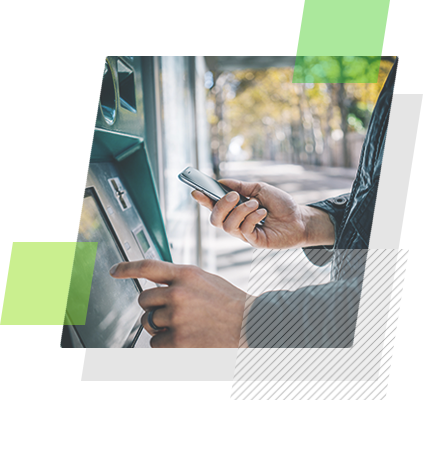Digital Wallet
A digital wallet, also known as an e-wallet or mobile wallet, is a virtual platform that allows users to store and manage their payment information securely for various types of transactions. Here are the key aspects of a digital wallet:
Storage of Payment Information:
A digital wallet stores credit card details, debit card information, bank account numbers, and other payment methods securely in a digital format. This eliminates the need for users to carry physical cards or enter payment details manually for each transaction.
Integration with Payment Methods:
Digital wallets can integrate with various payment methods, including credit cards, debit cards, prepaid cards, and even cryptocurrencies like Bitcoin. This allows users to make purchases or payments online, in-store (via NFC technology), or through mobile apps.
Security Features:
Digital wallets employ encryption and tokenization technologies to secure users' payment information. Tokenization replaces sensitive card information with a unique token, reducing the risk of fraud and unauthorized access.
Convenience:
Users can make payments quickly and conveniently by simply accessing their digital wallet through a smartphone app or website. This streamlines the checkout process, particularly for online shopping and in-store purchases using contactless payment methods.
Personalization:
Some digital wallets offer features such as loyalty card integration, receipt storage, and personalized offers based on transaction history. These features enhance user experience and encourage customer loyalty.
Peer-to-Peer Payments (P2P):
Many digital wallets support peer-to-peer (P2P) payments, allowing users to send money to friends, family, or businesses directly from their wallet balance or linked bank account.
Mobile and Online Transactions:
Digital wallets are widely used for mobile commerce (m-commerce) and online shopping, enabling users to make payments without entering payment details for each transaction. This reduces friction in the payment process and enhances user convenience.
Popular examples of digital wallets include Apple Pay, Google Pay, Samsung Pay, PayPal, Venmo, and Square Cash.














